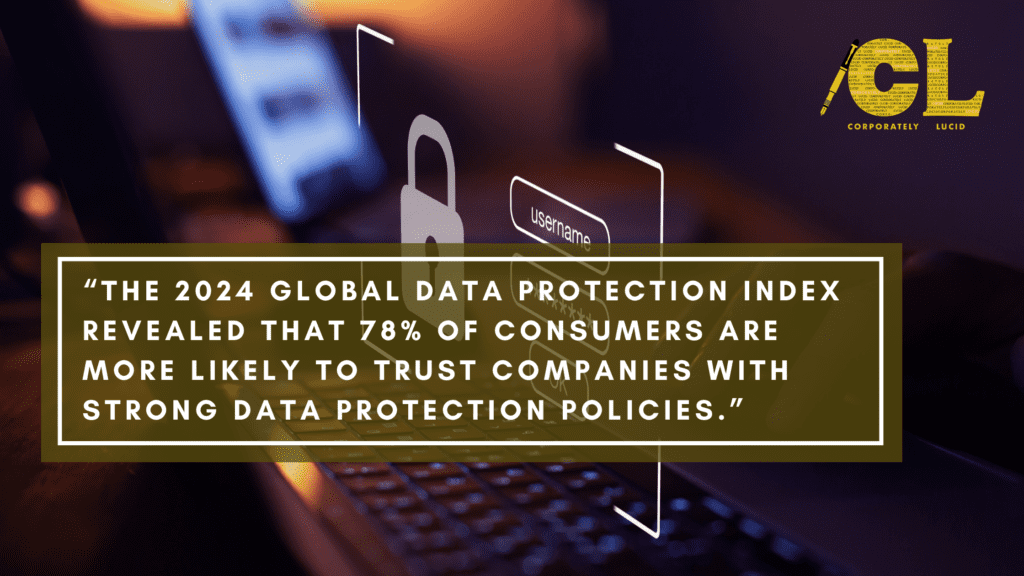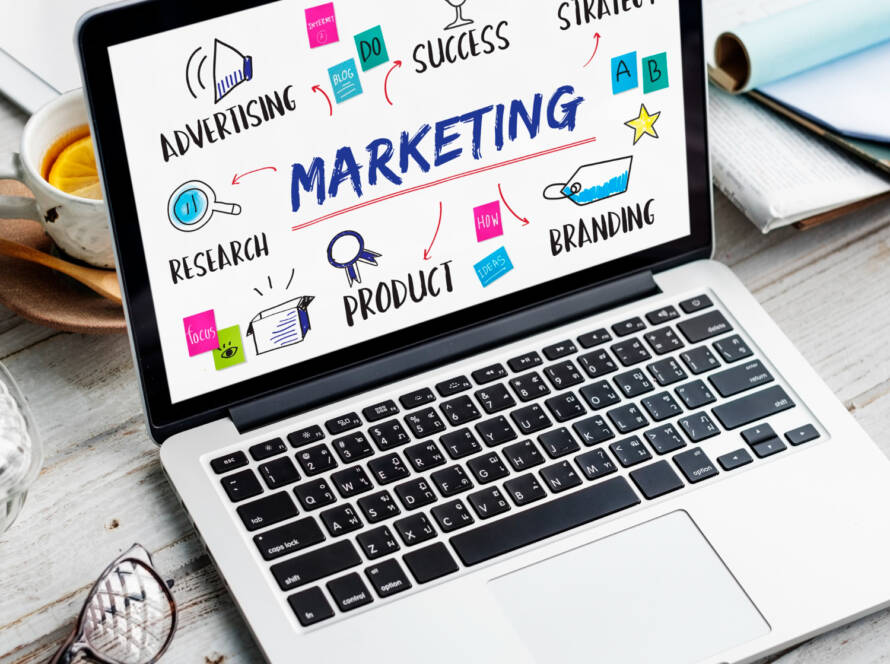How do small businesses apply AI ethics to marketing to yield the best results while protecting their data? Continue reading to find out.
Artificial intelligence (AI) has become a powerful marketing tool. Several AI tools are available for small businesses to personalise their marketing approaches, optimize campaigns, and effectively engage customers.
For small businesses, applying AI ethics to ensure the fair, transparent, and responsible use of this technology is crucial. This blog post will discuss the importance of AI ethics in marketing.
Applying AI Ethics to Marketing for Small Businesses

Advancements in how we access data and the tools at our disposal have changed how businesses, regardless of size, have carried out their marketing over the years. While this post will focus on small businesses, it is imperative to understand that artificial intelligence has changed how businesses market their products or services.
Should we take everything AI presents hook, line, and sinker? Of course not. There is a place of applying AI ethics to marketing. In this section, we will discuss the importance of applying AI ethics to marketing for small businesses.
Building Trust with Customers
Key Insight: A study by the Harvard Business Review found that companies demonstrating high levels of transparency have higher customer loyalty rates.
For small businesses, trust is a vital component of customer relationships. Applying AI ethics in marketing involves transparency about how customer data is collected, used, and protected.
Transparency builds trust, as customers feel more comfortable knowing their information is handled responsibly. Clear communication about data practices can enhance customer loyalty and improve brand reputation.
Avoiding Bias in AI Marketing
Key Insight: According to a report by the AI Now Institute, biased AI systems can lead to significant ethical and legal challenges, emphasizing the need for careful oversight.
AI systems can unintentionally perpetuate biases present in the data on which they are trained. Small businesses need to ensure their AI marketing tools are inclusive and unbiased, reaching a diverse audience without discrimination. Regular audits and adjustments of AI algorithms can help mitigate bias and promote fair marketing practices.
Protecting Consumer Data
Key Insight: The 2024 Global Data Protection Index revealed that 78% of consumers are more likely to trust companies with strong data protection policies.
Privacy is a significant concern for consumers, and mishandling data can lead to severe consequences for small businesses. Implementing robust data protection measures and complying with regulations such as GDPR are essential. Ethical AI practices involve collecting only necessary data, securing it effectively, and ensuring users have control over their information.
Enhancing Customer Experience through Ethical AI

Key Insight: Research by Salesforce indicates that 76% of consumers expect companies to understand their needs and expectations, highlighting the importance of personalized and ethical marketing.
Ethical AI practices can significantly enhance the customer experience by delivering personalised and respectful marketing efforts. Small businesses can create more meaningful interactions by analysing customer feedback and using AI to tailor communications. Ethical AI ensures marketing strategies align with customers’ preferences and values, leading to higher satisfaction and engagement.
The Broader Impact on Society
Key Insight: A survey by the Edelman Trust Barometer shows that 67% of consumers believe that ethical considerations should be a core component of business practices.
Applying AI ethics in marketing also contributes to a more responsible and sustainable business environment. Small businesses that prioritise ethical AI practices set positive examples within their communities, fostering a culture of integrity and trust. This not only benefits their own operations but also promotes ethical standards across the industry.
Conclusion
Applying AI ethics to marketing for small businesses cannot be overstated. Small businesses can leverage AI responsibly and effectively by building trust, avoiding bias, protecting consumer data, and enhancing customer experience. Ethical AI practices improve marketing outcomes and ensure sustainable growth and customer loyalty. Do you need help properly appropriating AI tools for your brand’s marketing? At Corporately Lucid, we advocate the ethical use of artificial intelligence in marketing. We can help you on your journey. Visit our website to get started.


